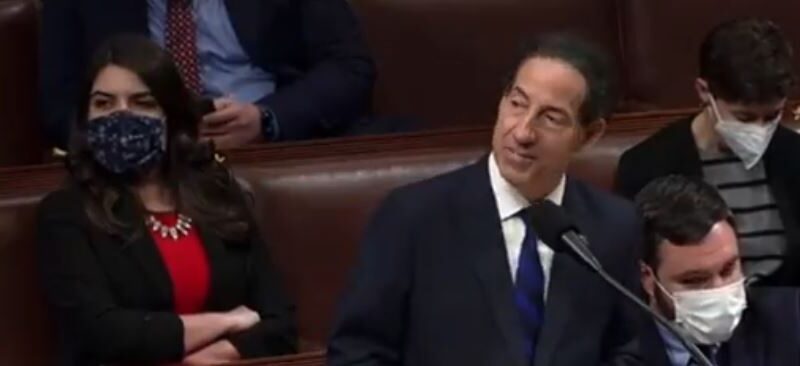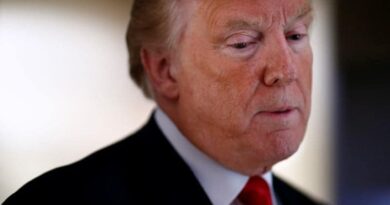Here’s Why 31 House Democrats Voted Against Expelling George Santos
Thirty-one House Democrats voted against expelling Rep. George Santos because they are worried that without Santos being convicted or found guilty of ethics violations, his expulsion would set a bad precedent.
Axios gave the reason why so many Democrats voted no:
Some Democrats were concerned about the precedent of voting to expel Santos before either a conviction or an Ethics Committee report, several senior House Democrats told Axios.
One of the Democrats dismayed that dozens of their colleagues voted against the measure, called it “unreal” and “really weird.”
Rep. Jamie Raskin (D-MD) explained his vote no:
NEW: Jamie Raskin says of his vote against expelling George Santos: “I’m a Constitution guy.”
Says he will “certainly vote to expel” Santos if he’s convicted, but “until then, it’s a very risky road to go down and we have to stick by due process and the rule of law” pic.twitter.com/U71OHIs8oB
— Andrew Solender (@AndrewSolender) November 2, 2023
Given that this House majority is MAGA and out for revenge against Democrats, the concern among Democrats about the precedent that would be set if they voted yes has some validity. The current House majority is trying to impeach President Biden with no evidence, so their willingness to ignore rules and norms has been made very clear.
Expulsions require a two-thirds vote and have a high threshold because they only intended to be used in the most severe cases. When the House Ethics Committee delivers its final report, there will likely be another Santos expulsion vote. If the non-partisan Ethics Committee recommends expulsion, it is expected that the Democratic no votes will flip to yes, and many Republicans may join them.
Whether George Santos gets expelled or voted out of the House by the voters in his district, his time in Congress will soon end.
Jason is the managing editor. He is also a White House Press Pool and a Congressional correspondent for PoliticusUSA. Jason has a Bachelor’s Degree in Political Science. His graduate work focused on public policy, with a specialization in social reform movements.
Awards and Professional Memberships
Member of the Society of Professional Journalists and The American Political Science Association



